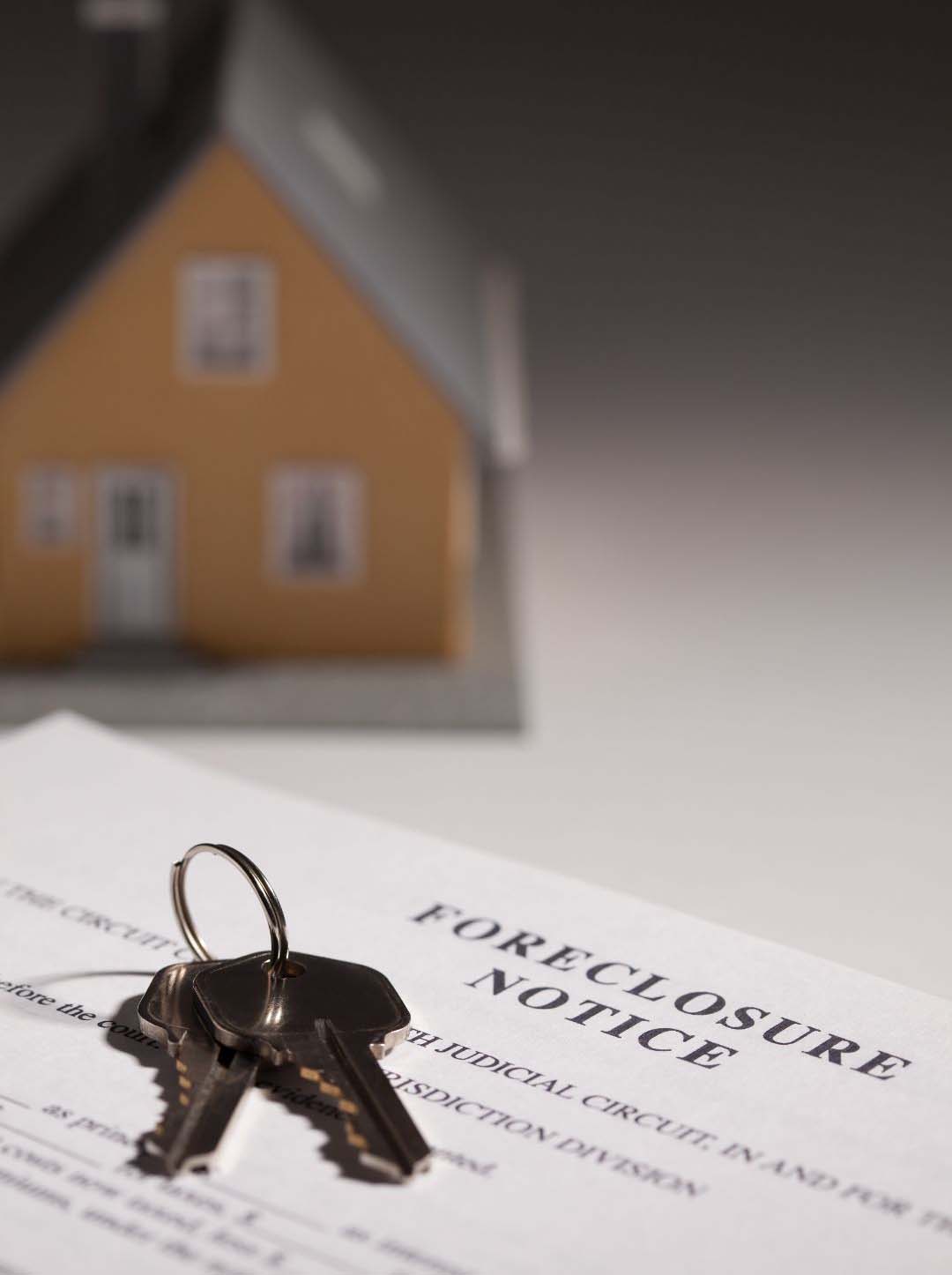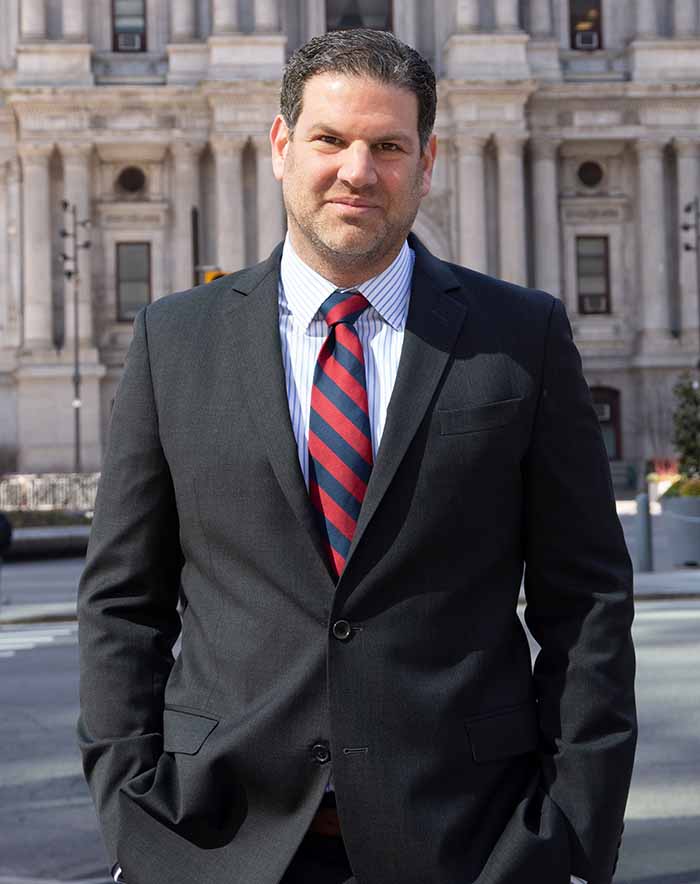Real Estate Tax Foreclosure Lawyers & Chapter 13 Bankruptcy Lawyers
Top Bankruptcy Attorneys and Home Foreclosure Defense Attorneys.
Over 750 ★★★★★ Google Reviews

Contact Our Attorneys Today



EVALUATION
At Sadek Bankruptcy Law Offices, we realize that every situation is different. Our debt relief lawyers will take the time to learn about your situation and your goals. Our objective is to explain your legal options and offer the best debt relief strategy for you in the most compassionate and friendly manner possible. Call 24/7 to schedule your meeting with a lawyer.
AVAILABLE
Our office understands the financial stress our clients endure. Therefore, in addition to reasonable legal fees, we offer a payment plan to all of our valued clients to make quality legal services most affordable.
AND NJ
In addition to our primary law office in Center City, Philadelphia, we also have law offices throughout the Greater Philadelphia, Pennsylvania Area and in New Jersey. Our branch offices have contributed to making us the #1 Bankruptcy Filer and debt relief firm in the Greater Philadelphia area. Our goal is to have a convenient location within 20 minutes of where our clients work or reside.
How Can Sadek Bankruptcy Law Offices Legal Offices Help You?
Many people understand that if you take out a bank loan on your home and miss payments you may be faced with a private mortgage foreclosure.
Similarly, if you don’t pay your state property taxes, your city or municipality may file a tax foreclosure action or real estate tax sale seeking to sell your home for unpaid property taxes.
In Pennsylvania, a debate has long raged regarding the need for property tax relief. Homeowners and others across the Commonwealth are increasingly being asked by their city, town, and municipality to pay significant property tax increases year-after-year.
In many cases, this means that hard-working homeowners in Pennsylvania are falling behind on their property tax obligations or related debts.
In some instances, a property owner may be delinquent on city or municipal debts which can include water and sewer bills, school/education taxes, and city property taxes.
Tax Foreclosure
The attorneys of Sadek Bankruptcy Law Offices are proud to represent homeowners facing difficult financial situations. We fight aggressively and strategically to protect our client’s home.
To schedule a free and confidential consultation, call our law firm at 215-545-0008 or online.
Why Are There Tax Foreclosure Sales in PA?
Under Pennsylvania’s Real Estate Tax Sale Act (RETSA), all taxes that are lawfully levied in the state are considered the primary lien against the property.
A primary lien has priority over all other obligations on the property.
As such, it is not out of the ordinary for unpaid property taxes and other city or municipal debt to serve as the basis for a home foreclosure under RETSA.
What Happens if I Fail to Satisfy the Tax Debt?
If the taxes are left unpaid, the City/Municipality may eventually take legal action to collect the debt by foreclosing on the home and selling the property at a tax sale (sometimes called a sheriff’s sale).
Alternatively, the sale is known as an upset sale. A buyer who takes possession of the property through an upset sale takes his or her possession subject to all recorded mortgages, liens, claims, rent, or PA Revenue lien not accounted for in the purchase price.
If the upset sale is not successful, the local tax board may petition the relevant Pennsylvania Court of Common Pleas to schedule a judicial sale. A judicial sale is the second and subsequent means by which your property can be sold.
Sales through the judicial process are generally more likely to result in a completed sale because the purchaser will take the property free of all other claims except for ground rents.
What Can I Do To Stop a Tax Foreclosure
In these situations, the property owner has rights. The attorneys of Sadek Bankruptcy Law Offices are well-versed in defending property owners and helping them protect their home from the tax sale.
If a homeowner files a Chapter 13 Bankruptcy prior to the Real Estate Tax Sale, by virtue of the automatic stay imputed in a bankruptcy the tax sale will be “stayed” and the owner will remain in their home. The Automatic Stay is governed by 11 U.S.C. Section 362 and allows a homeowner time to restructure the debt(s) due and owing and repay in order of creditor priority.
Chapter 13 bankruptcy allows a Petitioner to repay their debts over a three to five year period and is based on affordability. While in the Chapter 13 repayment Plan the Petitioner shall remain current with future real estate taxes as due and owing.
Among the debts that can be repaid through a Chapter 13 Bankruptcy Plan are arrearages (that is, delinquent payments) on water and sewer bills, school district taxes, and real property taxes, among many other secured and unsecured debt obligations.
A significant difference between mortgage foreclosure and a real estate tax sale is the right of redemption does not exist in mortgage foreclosure sales. However, this relief is available for tax foreclosures. The right of redemption means that an owner or another party with a legal interest in a property that is occupied as a residence may file a petition with the court to get the property back.
Generally, if a right of redemption exists, then it exists for nine months from the date of acknowledgment of the Sheriff’s Deed. However, the right of redemption does not exist for all properties.
Furthermore, should your matter proceed to a judicial sale, the sale itself provides certain opportunities to secure relief. To start, a title search and review of all practices and procedures should be conducted. In some cases, the local tax board or other parties may have failed to properly follow the procedures and requirements of RETSA.


Work with Our Dedicated and Experienced Bankruptcy Lawyers
Sadek Bankruptcy Law Offices, LLC has a dedicated team of lawyers who help clients achieve the benefits of bankruptcy in Pennsylvania and New Jersey. Our lawyers have over 75 years of combined experience and have filed more than 5,000 successful bankruptcy cases.
